Calls growing louder for Europe to revive diplomatic ties with post-war Syria
With Syrian President Bashar al-Assad winning a fourth term in office and earning a massive mandate from Syrians, calls are growing louder in Europe for reviving diplomatic ties with the Arab country.
European governments, who left no stone unturned in plotting the downfall of the democratically-elected government in Damascus for more than a decade, have finally begun to wake up to the reality: the Syrian government is here to stay for the foreseeable future.
An article in the US-based magazine National Interest says time has come for chancelleries north of the Mediterranean to change their course and send their diplomats back to Syria.
It notes that while some countries like Russia, China, and India never broke off their ties with Damascus, others have begun to mend their broken ties with the Assad government.
Syria has been grappling with the foreign-backed militancy since March 2011. Damascus accuses the Israeli regime and its Western and regional allies of aiding and abetting the Takfiri terrorist groups that have wreaked havoc in the Arab country for over a decade.
A recent report by a US-based humanitarian aid group revealed that the economic cost of the foreign-sponsored conflict in Syria is estimated to be at over $1.2 trillion, beside the loss of thousands of civilian lives and large-scale displacement of people.
The article in National Interest says the Arab world is “quickly changing its tune,” a decade after it voted to suspend Syria when foreign-backed fighting first broke out in the country.
“Not only have Egypt and Algeria both supported the Syrian state explicitly, but Persian Gulf monarchies such as the United Arab Emirates, Kuwait, and Bahrain have also reversed themselves and reopened their embassies with direct flights between Damascus and Dubai having already commenced,” it reads.
“If some former backers of the Syrian opposition can abandon a failed policy, why not Western ones as well,” the article said, calling for restoration of ties between the European countries and Syria.
Europe wooing back Syria
A number of European countries have recently elicited their interest in reviving their diplomatic missions in Damascus, especially after the Assad government was voted back to power with whopping 95.1% of the votes.
A recent report in Syria's al-Watan newspaper said diplomats from Greece, Hungary and Serbia have already arrived in Damascus, and preparations are underway to reopen their embassies.
The article in National Interest also pointed to the “desire” in Europe to re-establish diplomatic ties with Syria. It said Greece appointed a special envoy for Syria in May 2020 and Cyprus has begun renting a property to be turned into a new embassy in Damascus.
The Czech Republic, it added, never withdrew its ambassador from the Arab country, and it continues to act as a “protective power” for the US in the war-torn country.
Hungary, Poland, Austria, and Italy are just some of the countries that have hinted at wanting to adopt a new policy but have not taken the leap to full normalization yet.
“With the continued passage of time, holding out for phantom “moderate rebels” that will somehow replace the existing state is not only naive but also actively prevents effective and smart engagement,” the article pointed out.
The article further stated that “no major rebel group or alliance” is threatening the Assad government anymore while the the Kurdish-led SDF militant group in the country’s north has “begun its own rapprochement with the government”.
“For the family of nations, in order to address all the major challenges that the Eastern Mediterranean nation faces, diplomatic relations are a prerequisite. Refugee resettlement, mass vaccination, ensuring the stability of Lebanon, and counterterrorism are just a few of the issues where having experienced ambassadors on the ground can make a crucial difference,” noted the article.
It said the “beneficiaries” of the current policy of non-engagement are politicians “grandstanding on the issue as well as refusing to admit that their policies have failed”.
“Diminished influence, reduced intelligence, and increased irrelevance are the outcomes of the European non-presence in the ancient city,” the article said, adding that reopening embassies should “not be a goal in and of themselves but merely a first step to assisting in the development of a postwar Syria that is vital not just to the millions of Syrians directly affected but to the Middle East and Europe as well.”
Assad’s overwhelming mandate
Syrian President Bashar al-Assad romped home victorious in the country’s presidential election last month by a landslide, securing 95.1 percent of the popular vote.
With the massive win, he retained power for the fourth time in a row.
Assad was contesting the polls alongside two other candidates, opposition figure Mahmoud Ahmad Marei and former MP and minister, Abdullah Sallum Abdullah.
Marei came second garnering 3.3 percent or 470,276 of the ballots, while Abdullah secured 1.5 percent of the vote or 213,968 ballots.
Assad won his first election in 2000 following his father and former president Hafez al-Assad’s death and provisional presidency of Abdul Halim Khaddam.
Netanyahu pushing to turn US into ‘slave state for Israel’s expansionist dreams’: Analyst
Iran’s security chief meets with Yemen's Ansarullah official in Oman
Mass shootings at school, home in Canada leave 10 dead, including shooter
Millions in streets across Iran for Islamic Revolution anniversary marches
#IR47: How Iran’s martyred commanders found faith, purpose and mission in Islamic Revolution
#IR47: Long walk to freedom - Imam Khomeini and the Iranian nation’s epoch-making moment
VIDEO | Tehran conference examines Islamic Revolution’s enduring role in shaping global resistance
VIDEO | Gazans say Israel seeks permanent military presence






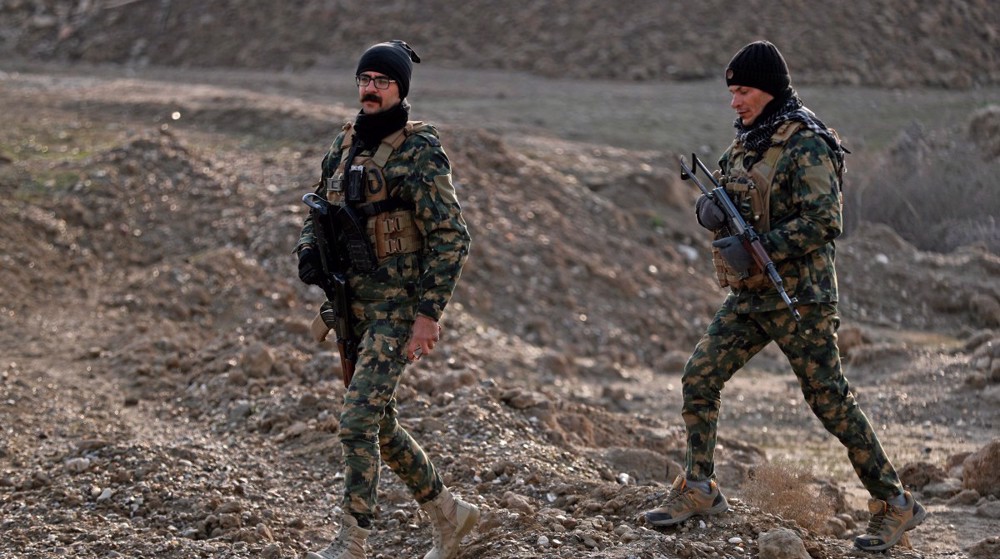
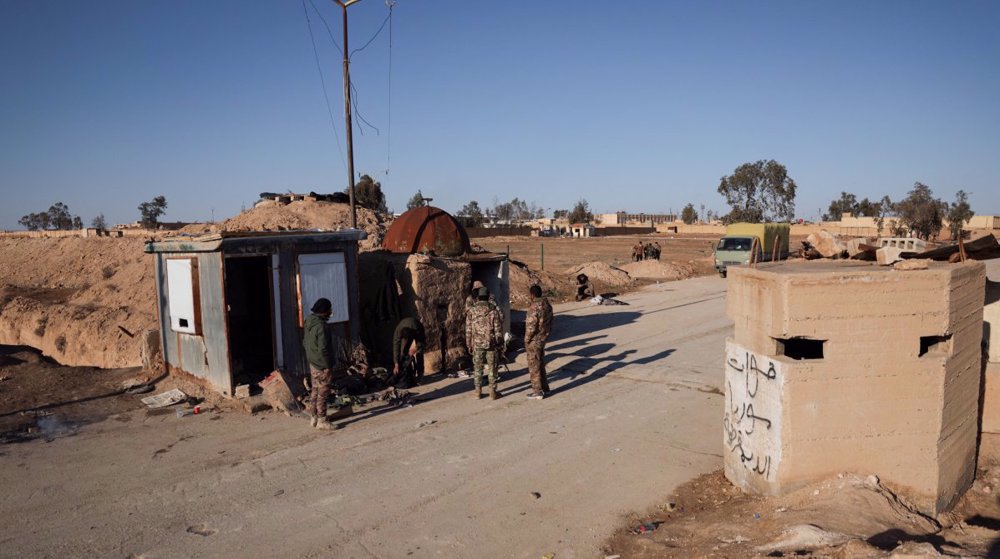
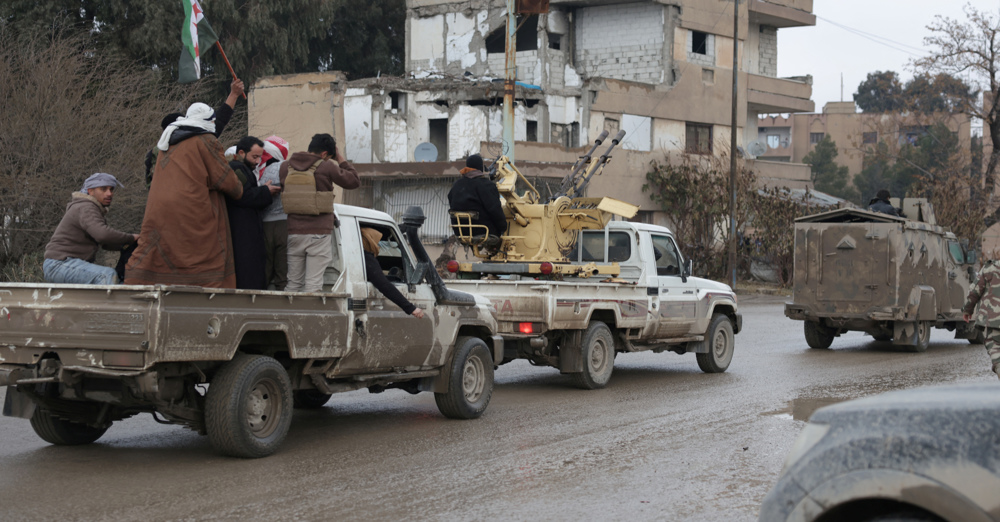



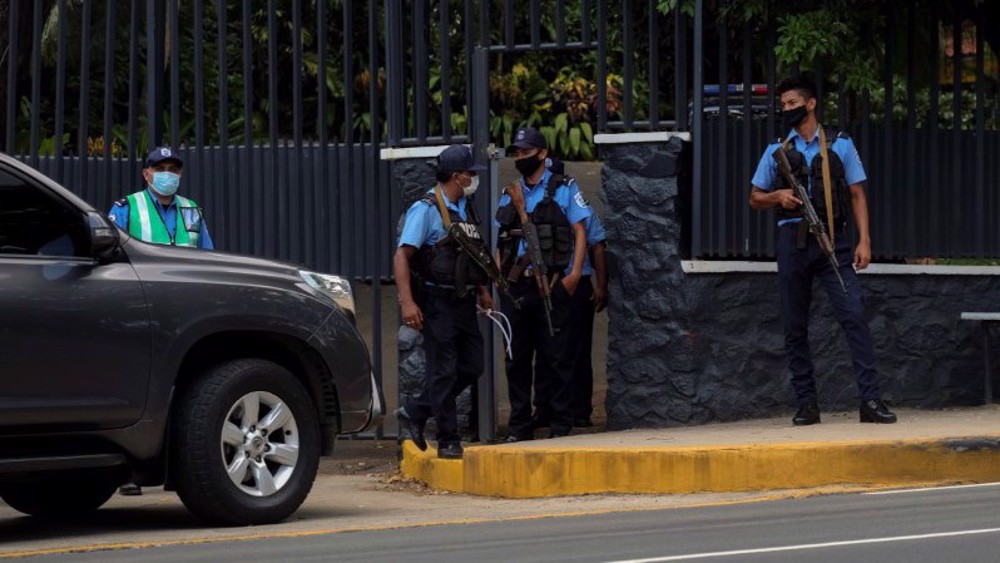

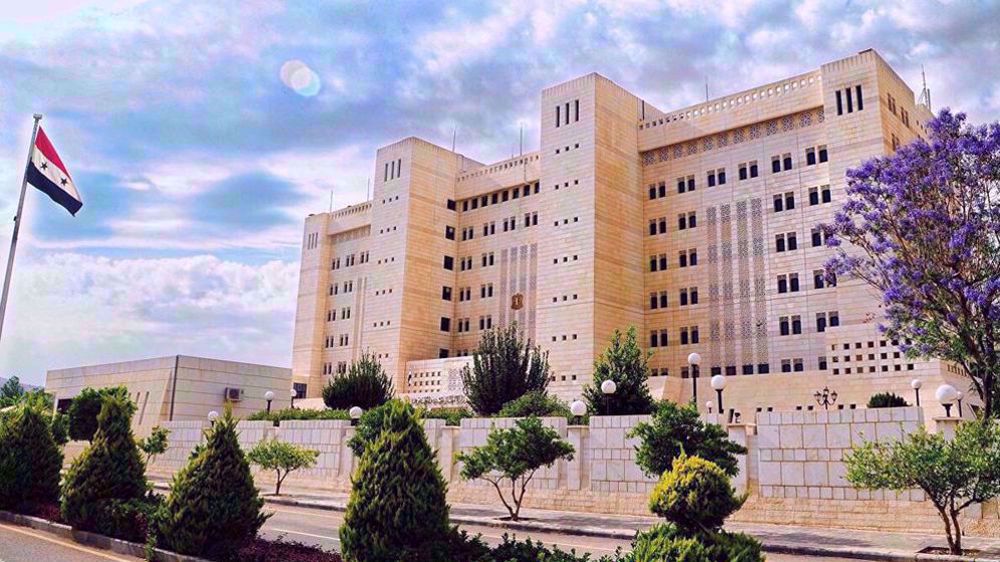
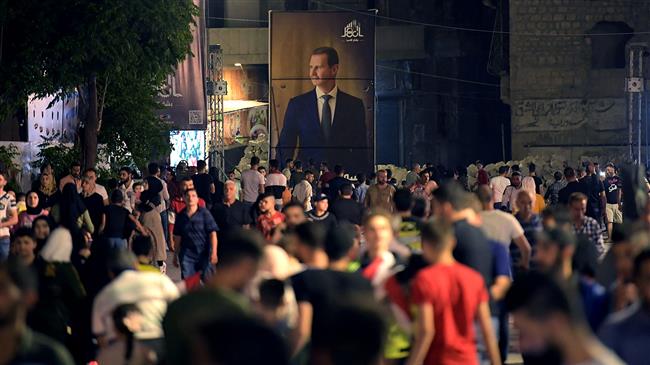
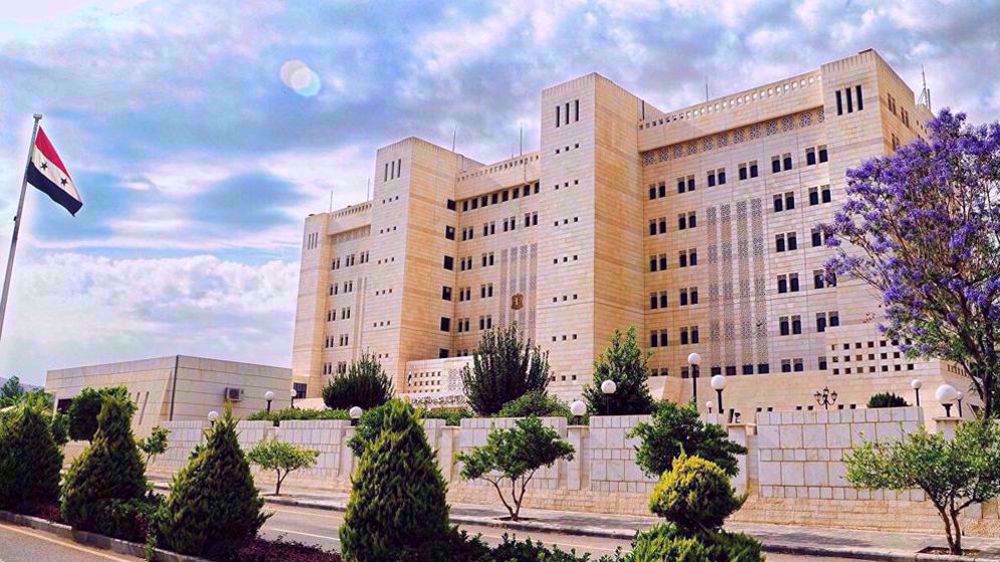

 This makes it easy to access the Press TV website
This makes it easy to access the Press TV website